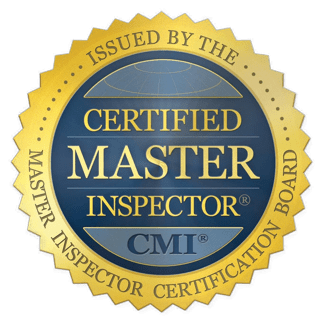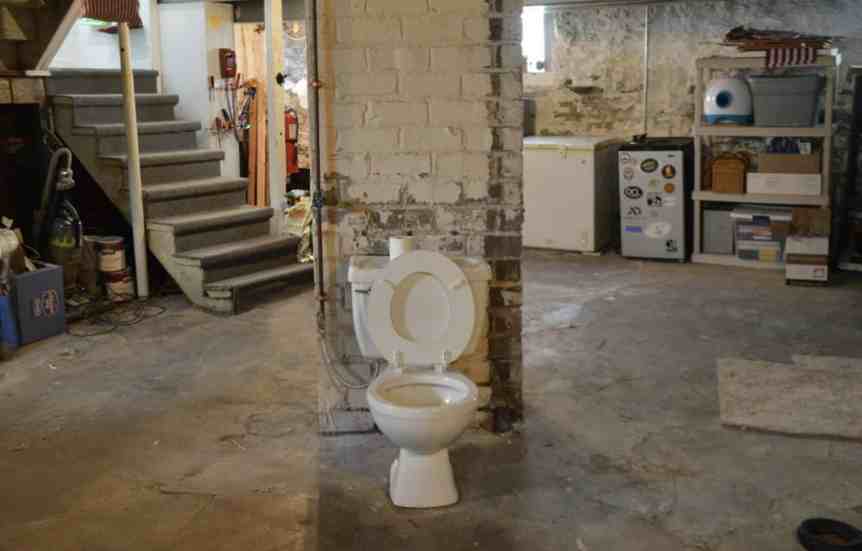In our industry, we deal first hand with many real estate listings that have the headline “completely renovated from top to bottom”. When you’re dealing with a home that is of some age and has gone through a major renovation you need to ask the following questions: Were structural alterations done on this property? Were the necessary permits pulled. Were …


